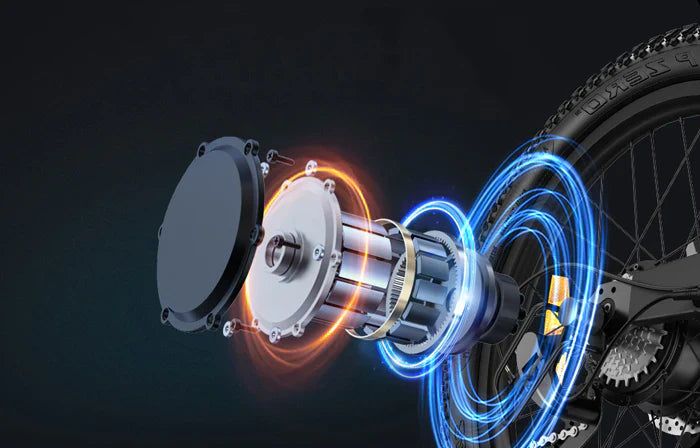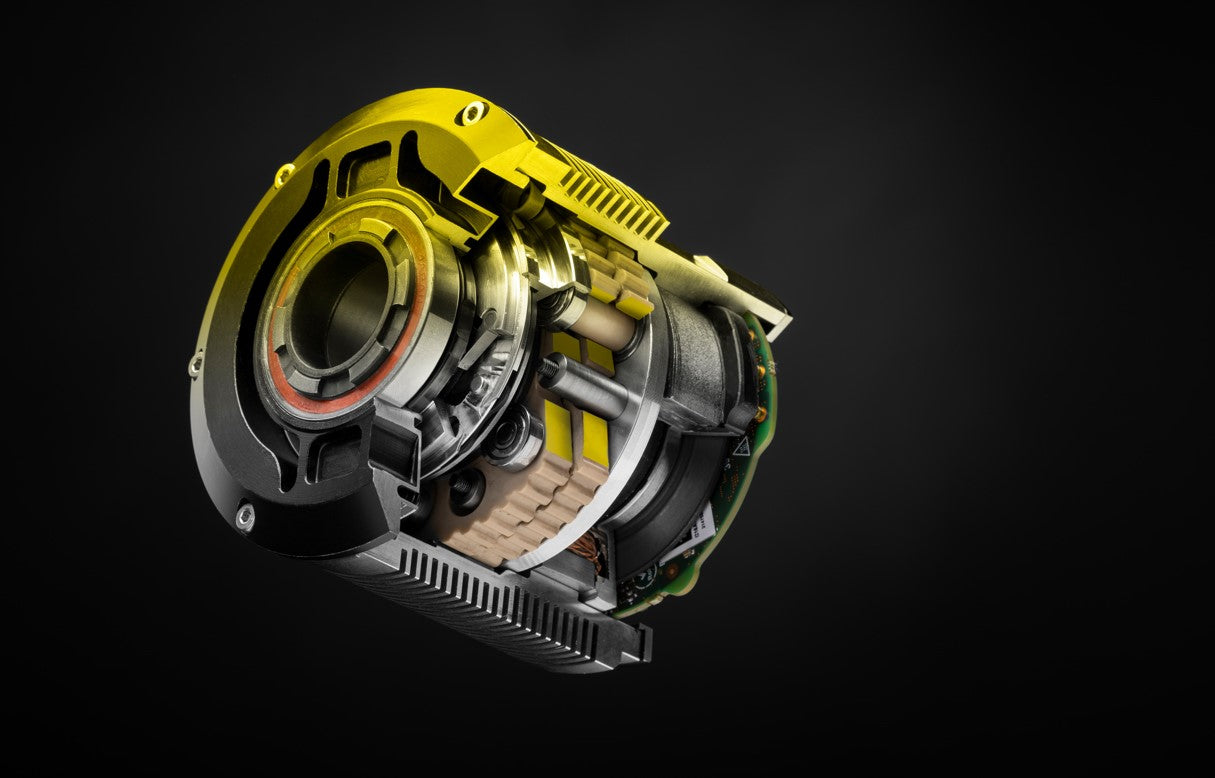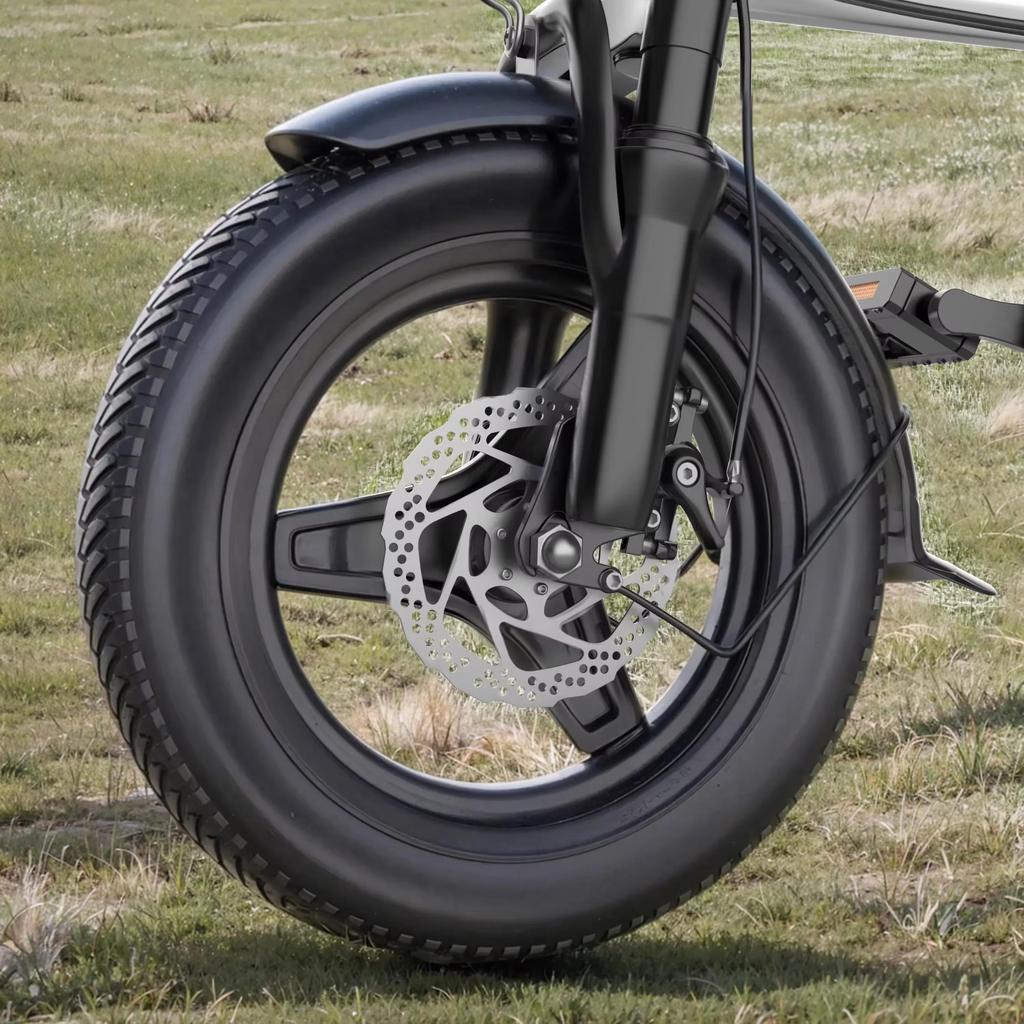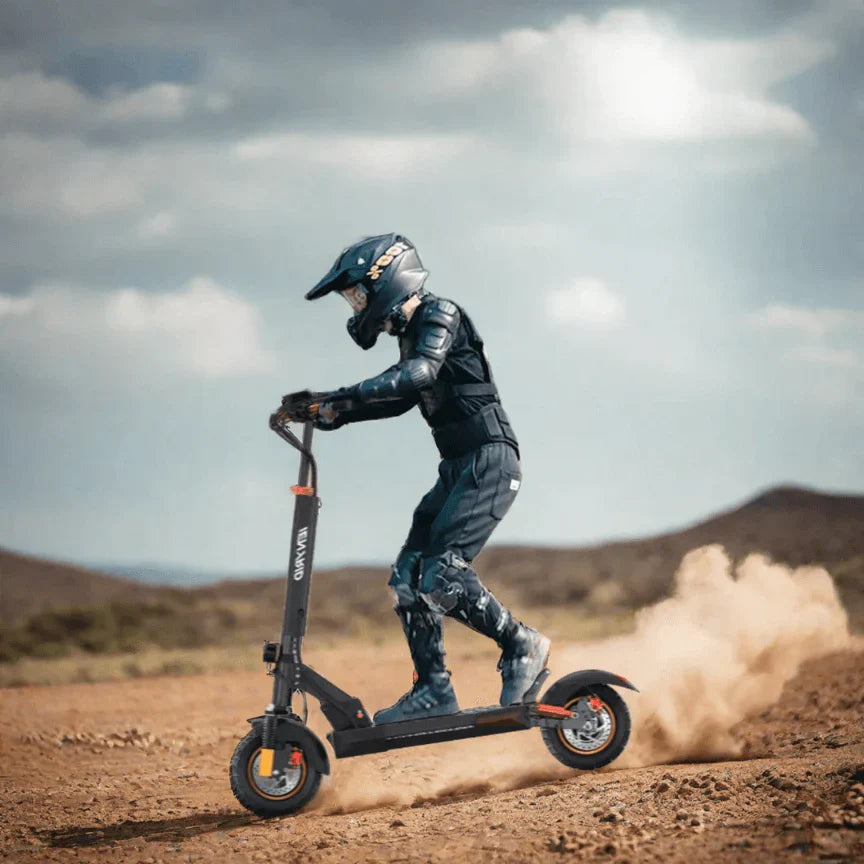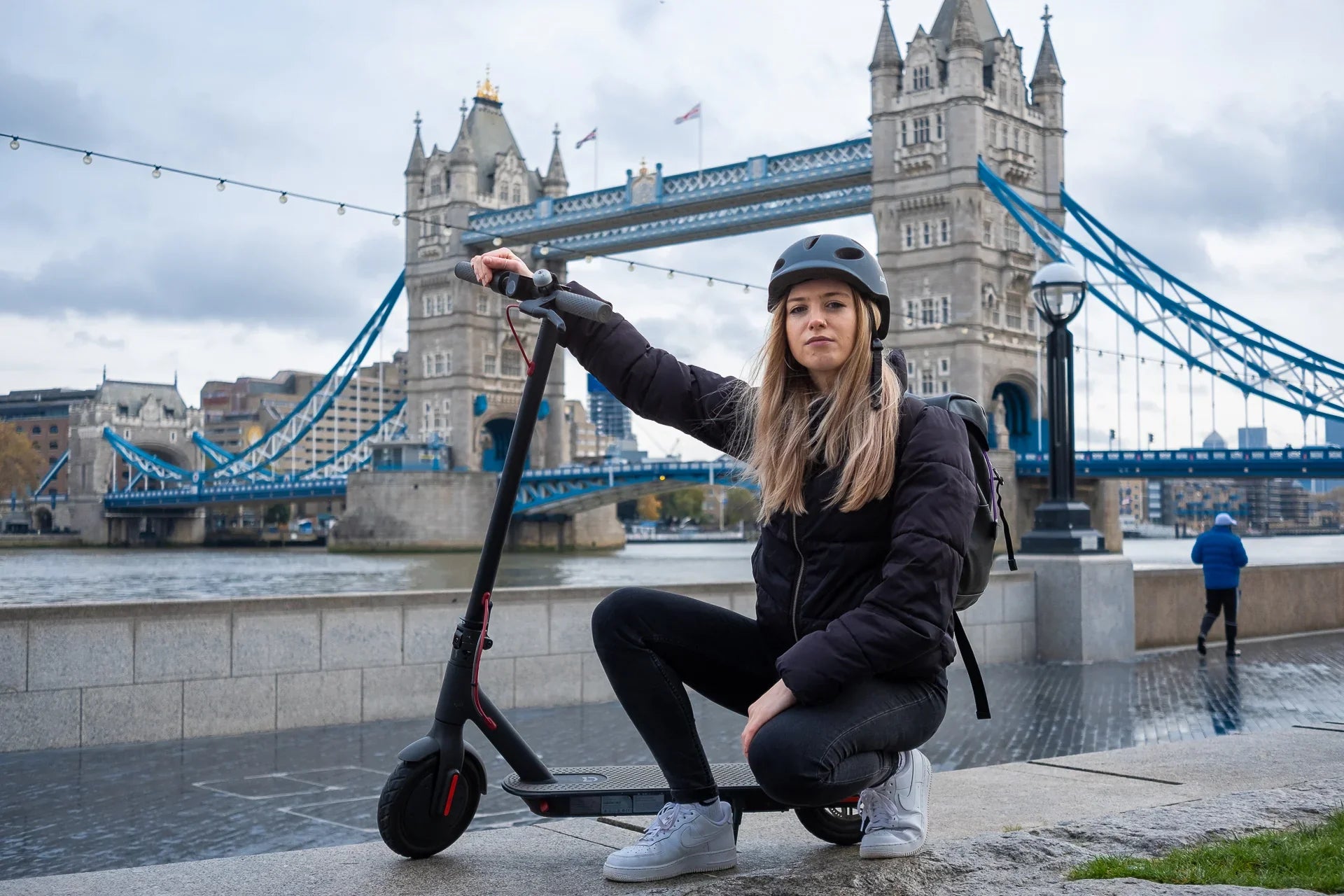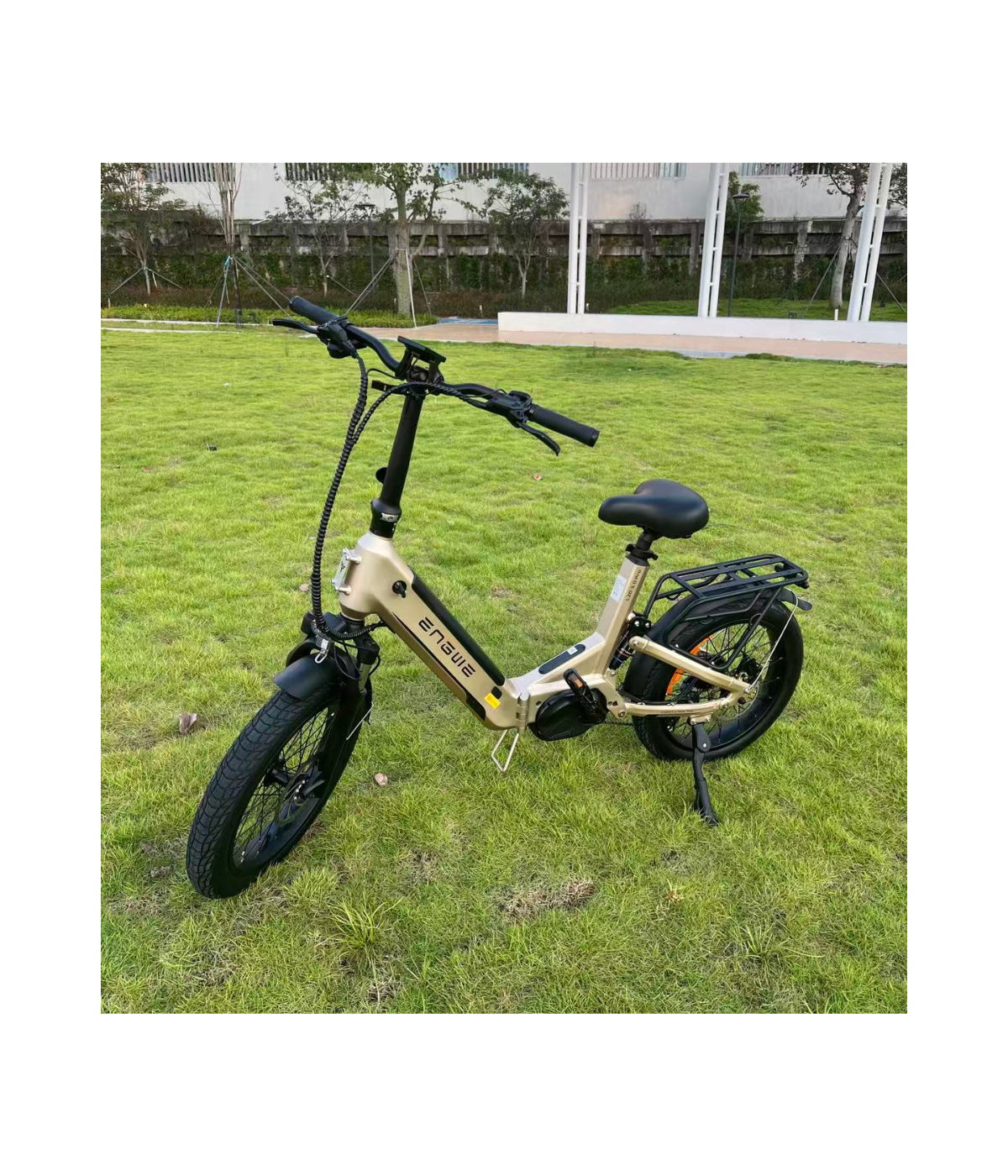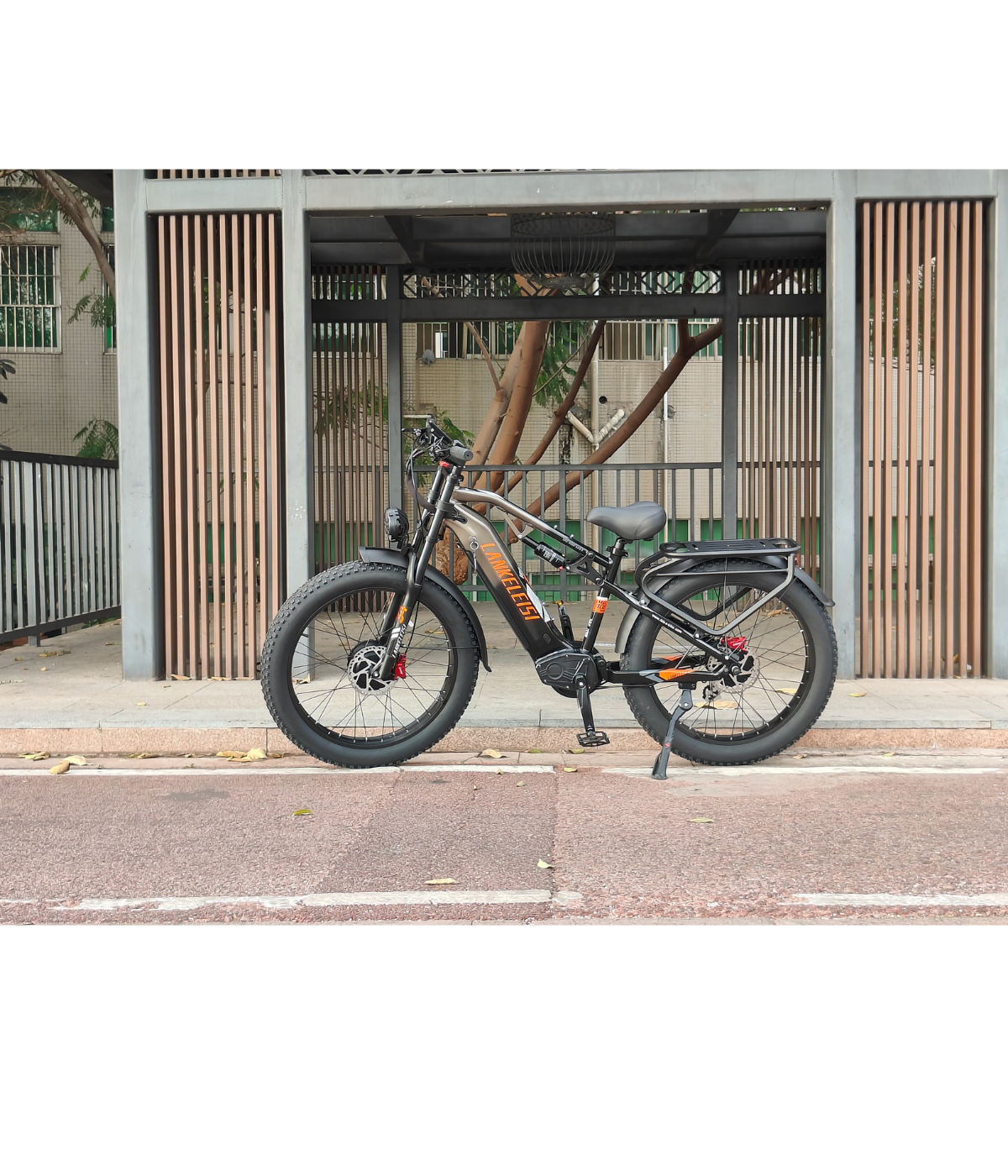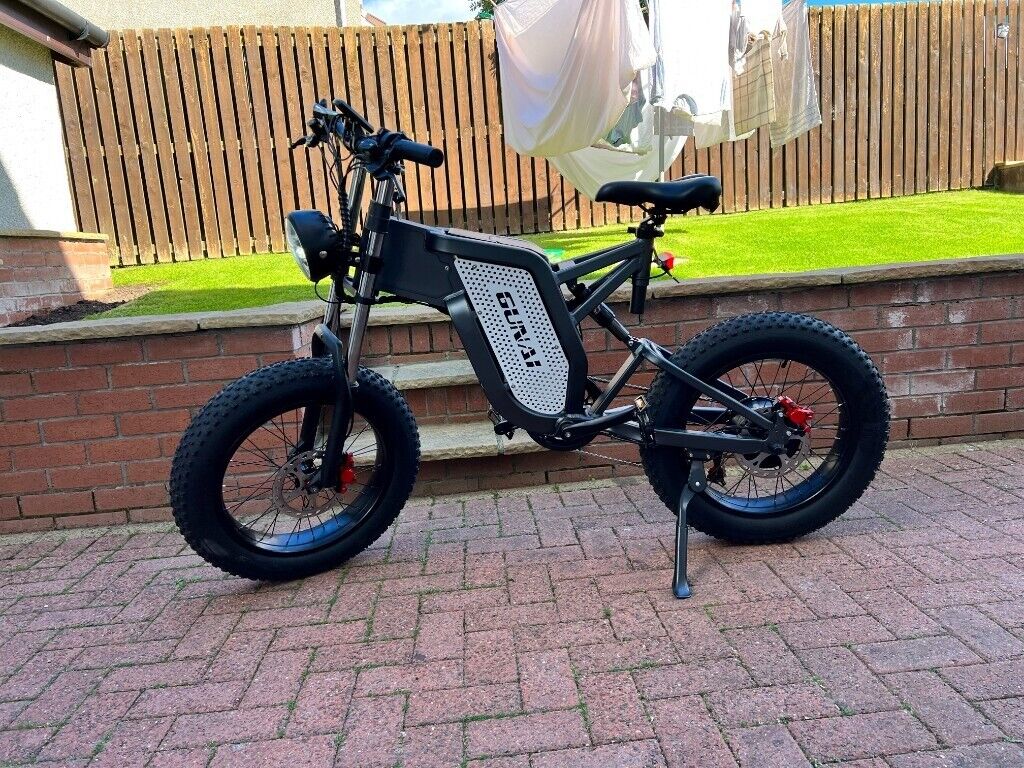Choosing the Perfect E-Bike for Your Commute: A Comprehensive Guide
As the world embraces sustainable transportation solutions, electric bikes (e-bikes) have emerged as a popular and eco-friendly alternative for daily commuting. Whether you’re heading to work, running errands, or exploring your city, an e-bike can offer a fast, efficient, and fun way to get around. But with so many models and features to choose from, how do you pick the perfect e-bike for your commute?
In this guide, we’ll help you navigate through the key factors to consider when selecting an e-bike that suits your needs, lifestyle, and budget. Let’s dive in!

1. Understanding Your Commute
Before you start shopping for an e-bike, it’s essential to analyze your typical commute. Consider the following:
-
Distance: How far is your daily commute? This will determine the range you need from your e-bike's battery.
-
Terrain: Do you ride on flat roads or hilly areas? If your commute involves hills, you’ll need a more powerful motor to tackle the incline.
-
Traffic: Will you be riding in heavy traffic or quiet streets? In busy areas, an e-bike with good maneuverability might be more beneficial.
2. Choosing the Right Motor Power
E-bikes come with motors of different power levels, typically measured in watts (W). The motor’s power directly affects the bike’s speed, torque, and ability to handle inclines.
-
250W - 350W Motor: Ideal for flat terrain and short distances, providing enough assistance without overwhelming speed. Perfect for beginners or city commuters.
-
500W Motor: Great for tackling moderate hills and longer distances. It’s ideal for commuters who need a little extra power to get through traffic or hilly areas.
-
750W Motor and Above: High-power motors are suited for steep hills, long-distance commuting, or if you prefer faster speeds. Keep in mind that these may require a special license in some regions.
3. Battery Range and Charging Time
The range of your e-bike depends on several factors such as battery capacity, terrain, weight, and how much assistance you use. On average, an e-bike can travel anywhere from 25 to 70 miles on a single charge.
-
Battery Capacity: Measured in watt-hours (Wh), a higher capacity battery will give you more range. For urban commuting, a battery between 400Wh and 500Wh should suffice.
-
Charging Time: Charging an e-bike typically takes between 4-6 hours, but some fast-charging models are available, which can charge in as little as 2-3 hours.
4. Comfort and Ride Quality
When commuting, comfort is key. E-bikes come with a variety of frame designs and components that can influence ride quality.
-
Frame Design: You can choose between step-through frames (easy to mount and dismount), traditional diamond frames (sleek and durable), or folding frames (compact and ideal for storage).
-
Suspension: If you’re riding on bumpy or uneven terrain, look for an e-bike with front or full suspension. This feature provides a smoother ride and reduces fatigue.
-
Seat and Handlebars: Consider a comfortable saddle and adjustable handlebars to avoid strain on your back and wrists during long rides.
5. Pedal Assist vs. Throttle Control
E-bikes are available with either pedal assist, throttle control, or a combination of both:
-
Pedal Assist (PAS): The motor provides assistance when you pedal, offering a natural and bike-like experience. Most e-bikes come with multiple PAS levels to adjust motor assistance based on your preference.
-
Throttle Control: This allows you to control the motor’s power directly, much like a scooter. It’s convenient for riders who prefer not to pedal at all or need more control over speed.
6. Legal Considerations
In some regions, there are regulations governing e-bikes. Make sure to check local laws regarding e-bike speeds, motor power limits, and required safety equipment. Some cities may require registration or a license for certain e-bike models.
7. Budget Considerations
E-bikes can range in price from a few hundred dollars to several thousand, depending on the features, motor power, battery size, and brand. While it might be tempting to go for the cheapest option, investing in a quality e-bike will save you money in the long run through better performance, durability, and a longer lifespan.

Conclusion
Choosing the right e-bike for your commute doesn’t have to be overwhelming. By considering factors like your daily commute, motor power, battery life, and comfort, you can find an e-bike that fits your needs perfectly. At Ridenue, we offer a range of e-bikes suited for different lifestyles and budgets, ensuring that you’ll find the perfect match for your commuting needs.
Happy riding and make your commute greener, faster, and more enjoyable with the perfect e-bike from Ridenue!



